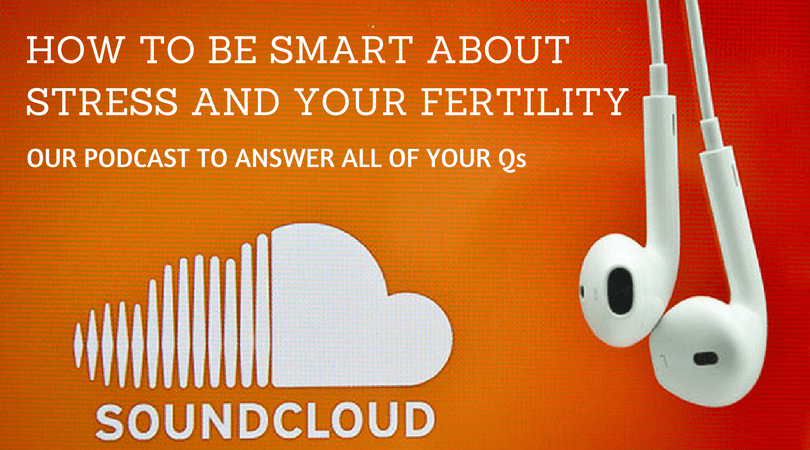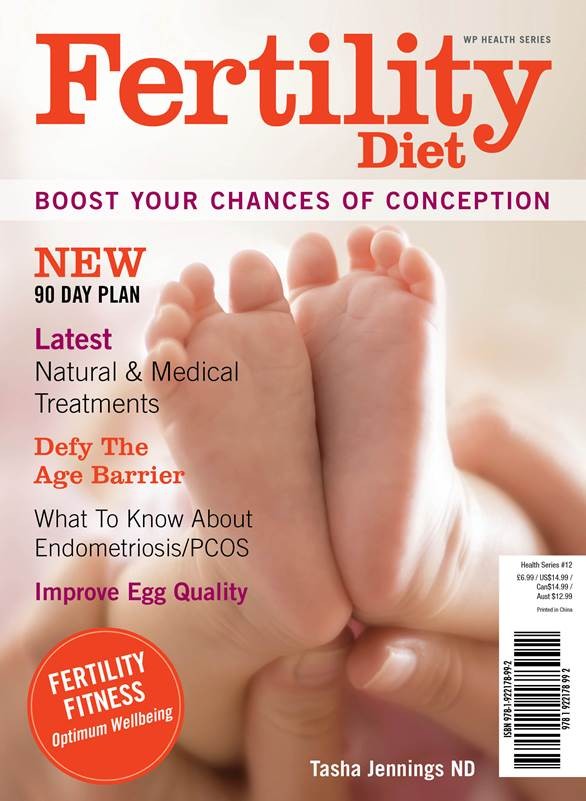
There are couples who seem to naturally function as a team no matter what their circumstance. Others have very separate lives as valued independent and high functioning adults that happen also to be in a relationship. This difference does not particularly matter until perhaps there is an unexpected event such as infertility.
Do you have support?
One of the first things I ensure when a person experiencing infertility attends for counselling, is to look at the supports around them. Primarily whether they feel they are part of a team with their partner or are they fighting solo for their right to have a child.
The reason this is important is that with any unexpected crisis we often need to lean on others in a way that we may not have had to previously. Some people dread having to be dependent on another for support even if that other is their life partner. But lean we must, as it is just too big to do alone. If you are single and doing it alone it is even more important to figure out who you are going to wrap around you for when times get tough. Often this will be a team of health professionals such as those we have at Fertile Ground Health Group, as you will need your friends to stay friends and your family to remain family. Holding complete responsibility physically is one thing, but holding emotional responsibility is unnecessary and likely to contribute to poor mental health and wellbeing.
Are you in this together?
A firm acknowledgement from a partner that you are in this together is such a simple task and yet over and over I encounter couples who have distanced themselves from each others struggles whilst in the midst of getting on with it. This can often be about not wanting to burden the other with this business of sadness, grief, loss, feelings of dread, increasing anxiety and or depression for this elusive future goal so desired.
Can you share?
Communication is just so important with direct validation of the other’s experience and sharing what it might be like for you. Sharing big emotions is so human and brings forth closeness and understanding. No one is a mind reader. We need to be told what is needed rather than guessing. One conversation can change everything for the better.
What better way to prepare for parenthood than to up-skill on your communication? Take a direct route to tell your partner what you want from them and find out what they need from you. It can be good to get some guidance from your counsellor about how to go about this, so that you can take into account your particular relationship challenges. You don’t want an invitation to get closer to become a bone of contention.
Developmentally the relationship should be ready for some challenges, or else why would you be trying to have a baby together? What is more you will need these skills more than ever once your little one arrives!

Suzanne offers counselling for individuals and short term couples work through the many stages of fertility and parenting including contemplating pregnancy, unintended pregnancy, during pregnancy, life with a baby and end of reproduction. She has an impressive level of expertise having worked with varying degrees of reproductive loss, including pregnancy options counselling, infertility and IVF support, perinatal mental health, abortion counselling and in reproductive health issues. Suzanne is available for counselling in East Melbourne at Fertile Ground Health Group two days per week. More information about Suzanne is available here: Suzanne Hurley, Counsellor.





